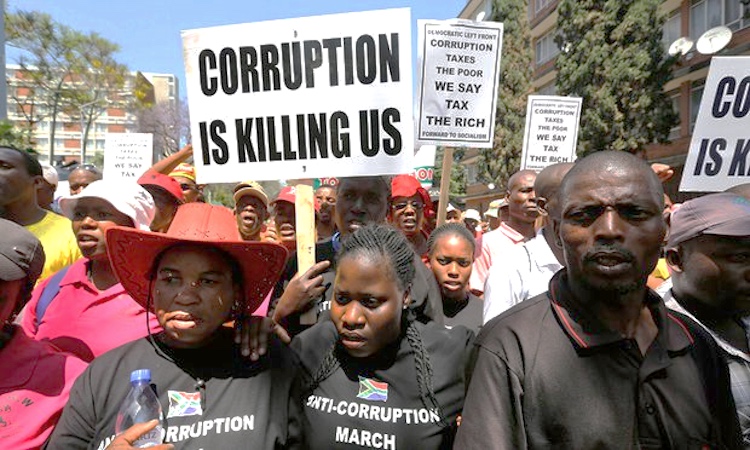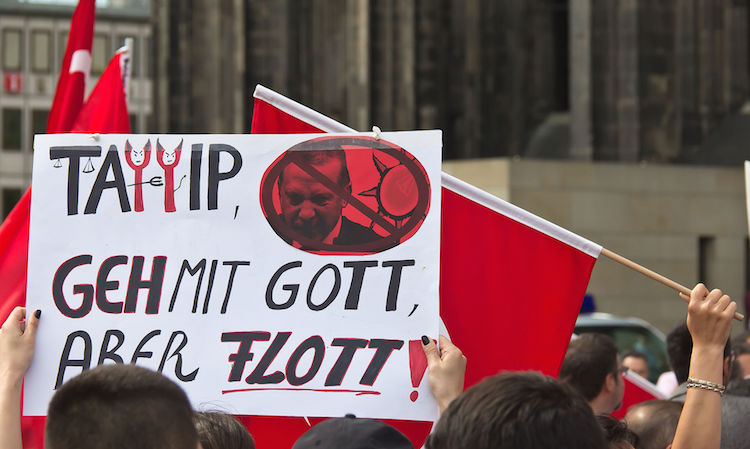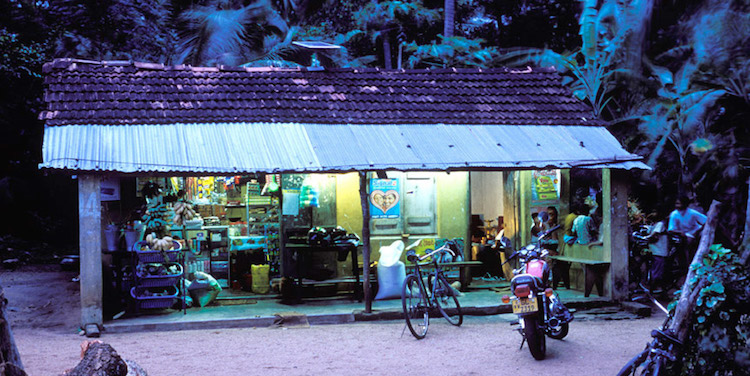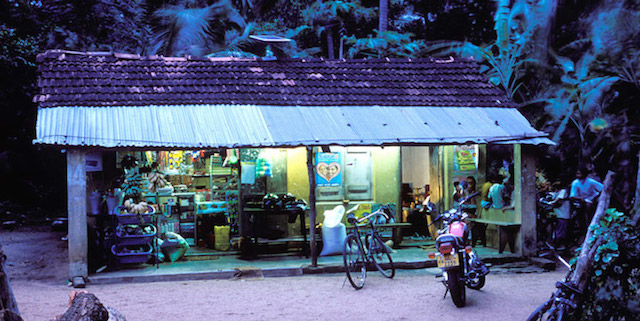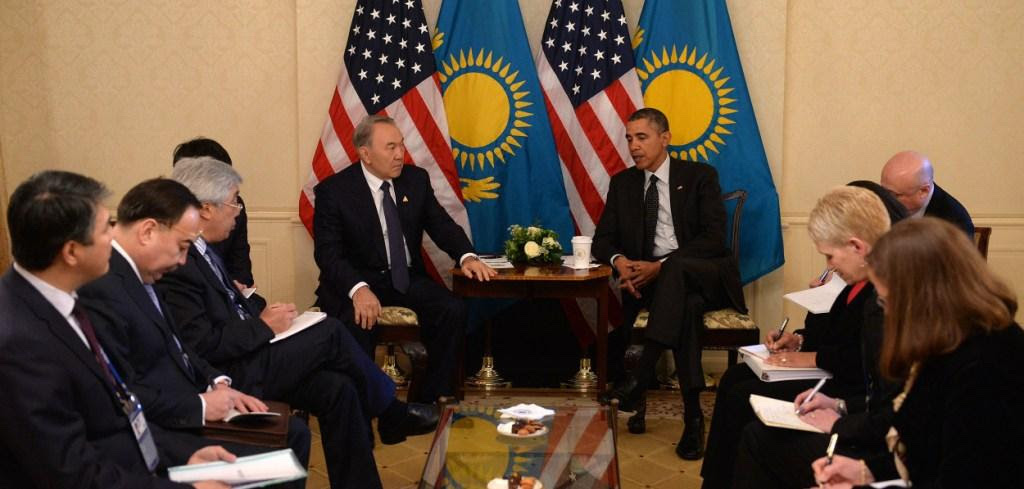NEW YORK | JOHANNESBURG (IDN | GIN) – South Africans are rising up against the outsized influence of corporate entities and wealthy individuals allegedly doling out contracts and jobs within the African National Congress (ANC).
Deputy President Cyril Ramaphosa, at a recent event, rebutted the charge, declaring the ANC was not for sale and anyone who wanted to capture the state should “go next door”.
Speaking to about 1,500 professionals and academics at the ANC event in Sandton on March 23, Ramaphosa declared: “Those who want to capture the ANC and influence it to advance personal or corporate interests, you have come to the wrong address. Try next door. We will not be captured.”

